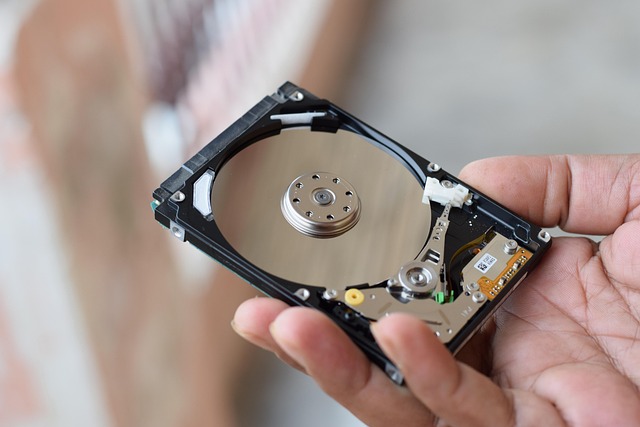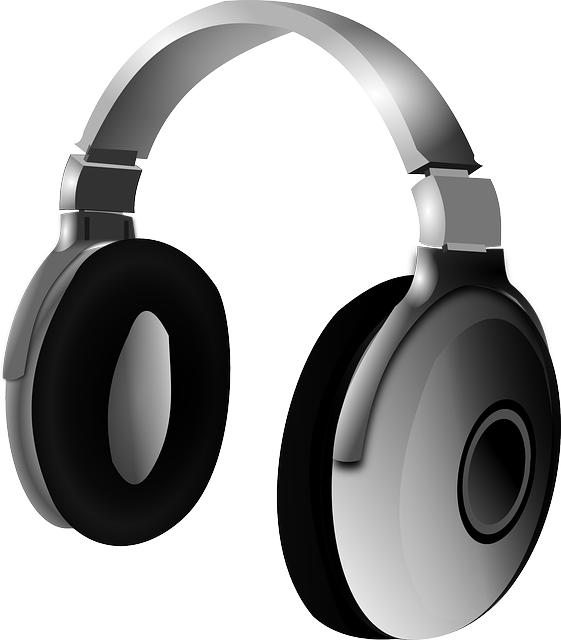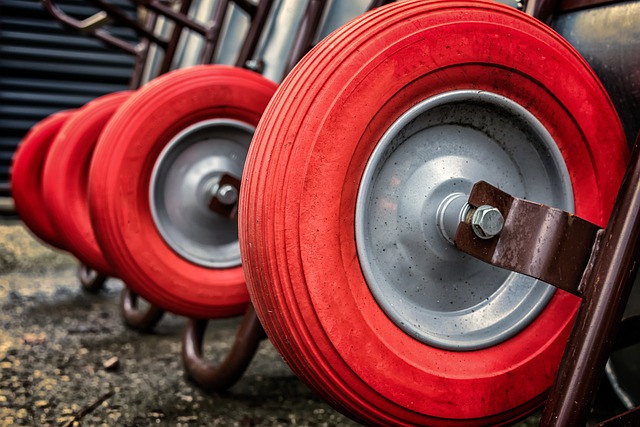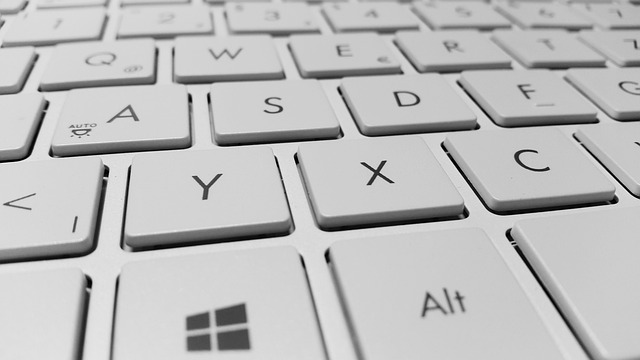Common computer issues, including slow performance, unexpected shutdowns, and system crashes, often stem from hardware problems like outdated CPUs, insufficient RAM, faulty hard drives, or unstable power supplies. Regular maintenance, error observation, and timely hardware replacement are crucial for mitigating these issues, ensuring optimal system performance, data protection, and a seamless user experience.
“Uncover the secrets to mastering computer repair with our comprehensive guide to hardware diagnostics and upgrades. In today’s tech-driven world, understanding common hardware issues is crucial. We explore how minor flaws can significantly impact system performance and user experience. Through this article, you’ll learn effective diagnostic methods using advanced tools for accurate identifications.
Furthermore, we provide strategic guidance on cost-effective hardware replacements, offering affordable yet high-quality alternatives to enhance your computer’s performance without breaking the bank.”
- Understanding Common Hardware Issues and Their Impact
- – Identifying recurring computer problems related to hardware
- – Explaining how hardware issues can affect system performance and user experience
Understanding Common Hardware Issues and Their Impact

Many common computer issues stem from hardware problems, which can range from simple upgrades to complex replacements. By understanding these typical hardware issues, users can better anticipate and address potential disruptions. One frequent issue is slow performance, often caused by outdated or insufficient hardware, such as a CPU or RAM upgrade being necessary. This can significantly impact productivity, especially for tasks requiring heavy processing.
Another prevalent problem is unexpected shutdowns or system crashes, which may indicate faulty components like a failing hard drive or unstable power supply units (PSUs). These issues not only disrupt work but also carry the risk of data loss if not backed up regularly. Identifying and addressing hardware replacements or upgrades can mitigate these problems, ensuring smoother operations and protecting valuable data.
– Identifying recurring computer problems related to hardware

Recurring computer issues often point towards specific hardware problems that may require attention. Common symptoms like sudden shutdowns, frequent crashes, or slow boot-ups can be indicative of hardware failures, especially in older machines. For instance, a failing hard drive might cause data corruption and system instability, leading to these recurring errors. Similarly, overheating due to dust buildup can trigger unexpected shutdowns, suggesting the need for cleaning and potential hardware upgrades like additional fans.
Identifying such patterns is crucial for effective troubleshooting. Users should keep an eye on error messages, unusual sounds during operation, or visual anomalies that might provide clues about the faulty component. Regular maintenance, including hardware checks and timely replacements, can prevent these issues from escalating. This proactive approach ensures optimal performance and longevity of computer systems.
– Explaining how hardware issues can affect system performance and user experience

Hardware issues can significantly impact the overall performance and user experience of a computer system. When components like processors, memory modules, or storage drives fail or become outdated, it leads to slower boot times, frequent crashes, and reduced multitasking capabilities. These problems not only frustrate users but also hinder their productivity, especially for those reliant on their computers for work or education.
For instance, a lack of sufficient RAM can cause a system to lag, making even basic tasks like web browsing or document editing sluggish. Similarly, an outdated or failing hard drive might result in frequent disk errors and data corruption, leading to potential data loss. Prompt identification and hardware replacement are crucial steps in maintaining optimal system performance and ensuring users can enjoy a seamless computing experience without constant disruptions.
In light of the above, it’s clear that efficient hardware replacement and upgrades are crucial for maintaining optimal computer performance. By identifying common hardware issues early on, users can avoid frustrating system slowdowns and unexpected failures. Leander’s comprehensive diagnostics services offer a practical solution, ensuring that any repairs or upgrades are performed with precision, thus enhancing user experience in the ever-demanding digital landscape.
